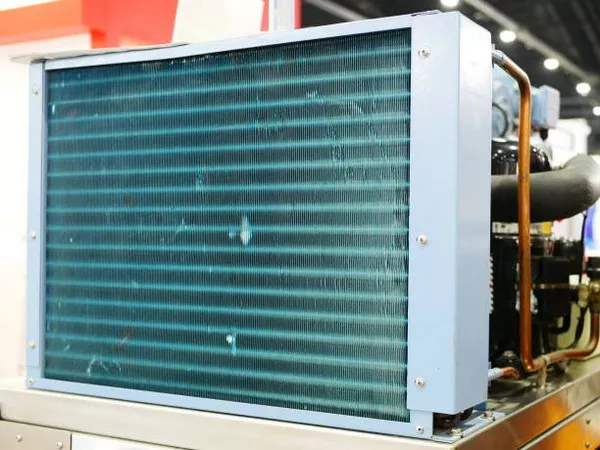Generators play a pivotal role in various industries, providing essential power supply where grid connections are unavailable or unreliable. When considering generators, one fundamental choice is between alternating current (AC) and direct current (DC) systems. Each has its unique characteristics, applications, and advantages. This article explores the differences between AC and DC generators, their respective applications, and factors to consider when choosing between them.
AC Generators:
Alternating current (AC) generators are prevalent in most electrical systems. These generators produce electricity through electromagnetic induction, where a coil of wire rotates within a magnetic field, inducing an alternating current. AC generators have several notable characteristics and applications:
Flexibility in Voltage and Frequency: One significant advantage of AC generators is their ability to produce electricity at varying voltages and frequencies. This versatility makes them suitable for a wide range of applications, from small residential generators to large industrial power plants.
Grid Integration: AC generators are well-suited for integration with existing power grids. They can synchronize with the grid’s frequency and voltage, facilitating seamless power transfer between the generator and the grid when necessary. This capability is crucial for backup power systems and distributed energy resources.
Efficiency in Transmission: AC power is generally more efficient for long-distance transmission compared to DC power. This efficiency is due to the ability to step up voltage using transformers, reducing transmission losses over extended distances.
Induction Motor Compatibility: AC generators are compatible with induction motors, which are widely used in various industrial and commercial applications. This compatibility simplifies the design and operation of systems that require both generation and utilization of electrical power.
DC Generators:
While less common in modern electrical systems, direct current (DC) generators still have specific applications where their unique characteristics are advantageous. DC generators produce a constant voltage and are often used in specialized applications such as:
Battery Charging: DC generators are commonly used for charging batteries in automotive, marine, and off-grid solar power systems. The steady voltage output of DC generators is well-suited for maintaining the charge of lead-acid, lithium-ion, and other types of batteries.
Telecommunications: In remote or off-grid telecommunications systems, DC generators can provide a reliable power source for communication equipment. These generators can operate continuously to maintain uninterrupted service in areas without access to the main power grid.
Railway Electrification: Some railway systems utilize DC generators for traction power, especially in direct current electrification systems. DC generators can provide the necessary power to propel trains while maintaining compatibility with existing infrastructure.
Precision Applications: Certain scientific and industrial processes require a stable and precise voltage supply, which DC generators can provide. Examples include electroplating, electrochemical processes, and semiconductor manufacturing.
Considerations When Choosing Between AC and DC Generators:
When selecting between AC and DC generators for a specific application, several factors must be considered to ensure optimal performance and efficiency:
Load Requirements: Analyze the electrical load characteristics of the system to determine whether AC or DC power is more suitable. Consider factors such as voltage stability, current demand, and frequency sensitivity.
System Integration: Evaluate the compatibility of the generator with existing infrastructure, including distribution networks, control systems, and electrical components. Choose a generator that seamlessly integrates with the overall system design.
Environmental Conditions: Consider the environmental factors that may impact generator performance, such as temperature, humidity, altitude, and vibration. Select a generator with appropriate protection and durability features to withstand harsh operating conditions.
Maintenance and Reliability: Assess the maintenance requirements and reliability of AC and DC generators, including servicing intervals, spare parts availability, and expected lifespan. Choose a generator with a track record of reliability and minimal maintenance needs.
Cost and Efficiency: Compare the initial cost, operational efficiency, and total cost of ownership of AC and DC generators over the expected lifespan of the system. Consider factors such as fuel consumption, energy losses, and long-term reliability.
See Also A Comprehensive Guide on Oil Change Intervals for Generators
Conclusion:
The choice between AC and DC generators depends on the specific requirements of the application, including load characteristics, system integration, environmental conditions, maintenance considerations, and cost-efficiency analysis. While AC generators are more prevalent and versatile in most electrical systems, DC generators remain essential for certain specialized applications where a constant voltage output is required. By carefully evaluating these factors, engineers and system designers can select the most suitable generator technology to meet their needs and ensure reliable power supply in various industries and environments.

